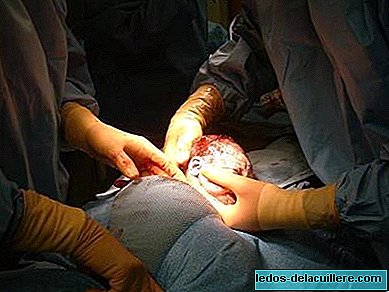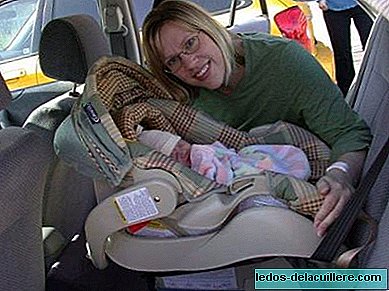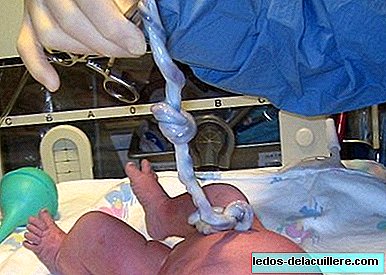
Birth is a transcendental event in the life of the human being, and definitely, the way of birth significantly influences your health. It is not the same to be born vaginally than by caesarean section, because the mechanisms that are activated in one or another birth are different.
There are many studies that are dedicated to assess the differences between one and the other, and one of the relationships they have found, and it is not the first time, is that being born by caesarean section is related to increased risk of obesity in adulthood.
This way of being born has already been linked to an increased risk of childhood obesity and now scientists at Imperial College London, in the United Kingdom, found that the chances of being overweight or obese are 26 percent higher for adults born by caesarean section than those born by vaginal delivery.
The research was carried out based on an analysis with combined data from 15 studies with more than 38,000 participants from more than 10 countries, that is, it is a considerable sample of cases, and their conclusions have been published in the scientific journal 'PLoS ONE' .
When analyzing the data, they detected that the average body mass index (BMI) of adults born by caesarean section is half a unit more than those born by vaginal delivery.
It does not mean that all babies born by caesarean section will be obese, that is not the conclusion. There are many factors that determine obesity in a person, including genetic inheritance and lifestyle, therefore its cause cannot be restricted to the way of birth. But there would be a scientific explanation that predisposes to an increased risk of overweight and obesity in people born in this way.
Babies born by caesarean section and vaginally are colonized by different types of bacteria, which in the former they could influence the development of obesity. For their part, they talk about the fact that the compression suffered by the baby in vaginal delivery could influence the genes that are activated and produce a long-term effect on the metabolism that does not occur in those born by caesarean section.












